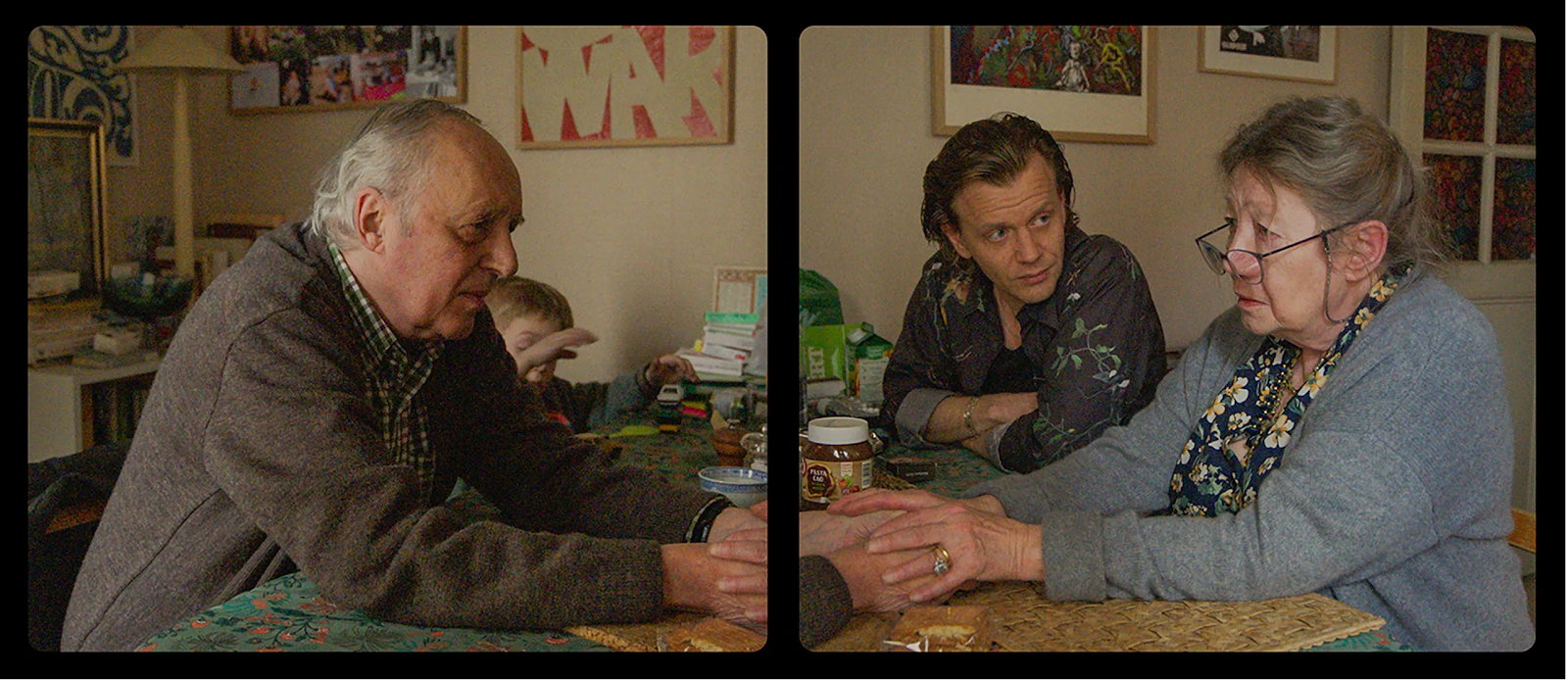Friday, 10 June 2022
Saturday, 1 January 2022
The 2021 Oscar The Grouches
Last year I started off using the cliche 'this year has been unlike any other' except it was actually true, COVID having transformed the everyday, travel, cinema, the world at large and literally everything in between. In 2021 a few things have changed, got better, got worse, repeated, cancelled but we're still under the pandemic's thumb, subject to its movements, its variants. Life has been unpredictable, frightening yet oddly mundane in many ways, utterly depressing in others. In my personal life it has been a year of two halves or more accurately several sections. In a couple I broke down, was signed off work for a total of six weeks, my mental state reaching a point where I couldn't continue. Circumstances changed more than once and the goalposts moved (the only fucking sports reference I'll ever make) but at the end of October I reached both my limit and a ladder out of the rut I had been in for longer than I care to remember. Financially I was ok, COVID having also decimated what small social life or spending patterns I had, and an acquaintance and Twitter poet gave me the phrase "why keep wounding yourself". It made sense. So I made the huge change, leaving my job with nowhere particular to go, no substantial plans in place, just convinced that there must be something better out there, that there had to be. And before I'd worked my notice I found another position, something I'd struggled to imagine as likely and a revelation in so many ways. To be treated more than well, to work sociable (and sensible) hours, to feel a lot less like my brain had too many tabs open was a day of rest and sunshine during monsoon season. It sounds achingly trite but removing one (great) source of stress took me out of the multi-year burnout and has made me feel more capable of dealing with other issues within my life. It hasn't cured it - to again use a banal platitude that doesn't happen overnight - but it's given me hope and made me hopeful. I'm growing and that feels like an achievement, a voice to hold in the dark and I don't think that can be overstated within the present. Due again to the pandemic and cautious upper management that new job has ended and I find myself unsure of what lays ahead, what the path for 2022 is but I'm optimistic. I now know I can make changes and they aren't so insurmountable and that's something to celebrate. In the film world (for that's mostly why I'm speaking and presumably why you're reading) cinemas have closed, reopened with restrictions, stuck to safe sellers, brought back 'anniversary' editions of crowd-pleasers and finally in the third quarter of the year returned to some sense of (ab)normality in showing arthouse and world and my list reflects that. The 100-ish trips of previous years have barely reached double figures and streaming services have saved and frustrated, TV has become more important (and in some cases more profitable, both financially and creatively) so once again I'm accompanying my somewhat compact 2021 list with another for standouts from the beforetimes and also feel obligated to mention Hagai Levi's excoriating Bergman-re-imagining, the mini series Scenes From A Marriage and its captivating, uncomfortable, untamed yet forensically controlled portrait of crisis. What a way to reach January. Cheers
2021
Annette (Leos Carax - France/USA)
This Must Be Heaven (Elia Suleiman - Palestine/France/Canada/Turkey)
Sound Of Metal (Darius Marder - USA)
Shiva Baby (Emma Seligman - USA/Canada)
All The Dead Ones (Caetano Gotardo/Marco Dutra - Brazil)
Nizhal (Appu N Bhattathiri - India/Malayalam)
Annette (Leos Carax - France/USA)
This Must Be Heaven (Elia Suleiman - Palestine/France/Canada/Turkey)
Sound Of Metal (Darius Marder - USA)
Shiva Baby (Emma Seligman - USA/Canada)
All The Dead Ones (Caetano Gotardo/Marco Dutra - Brazil)
Nizhal (Appu N Bhattathiri - India/Malayalam)
Not 2021
The 120 Days Of Bottrop (Christoph Schlingensief - Germany - 1997)
Parting Glances (Bill Sherwood - USA - 1986)
Johnny Got His Gun (Dalton Trumbo - USA - 1971)
The Congress (Ari Folman - Israel/France/Belgium/Luxembourg - 2013)
Subscribe to:
Comments (Atom)

